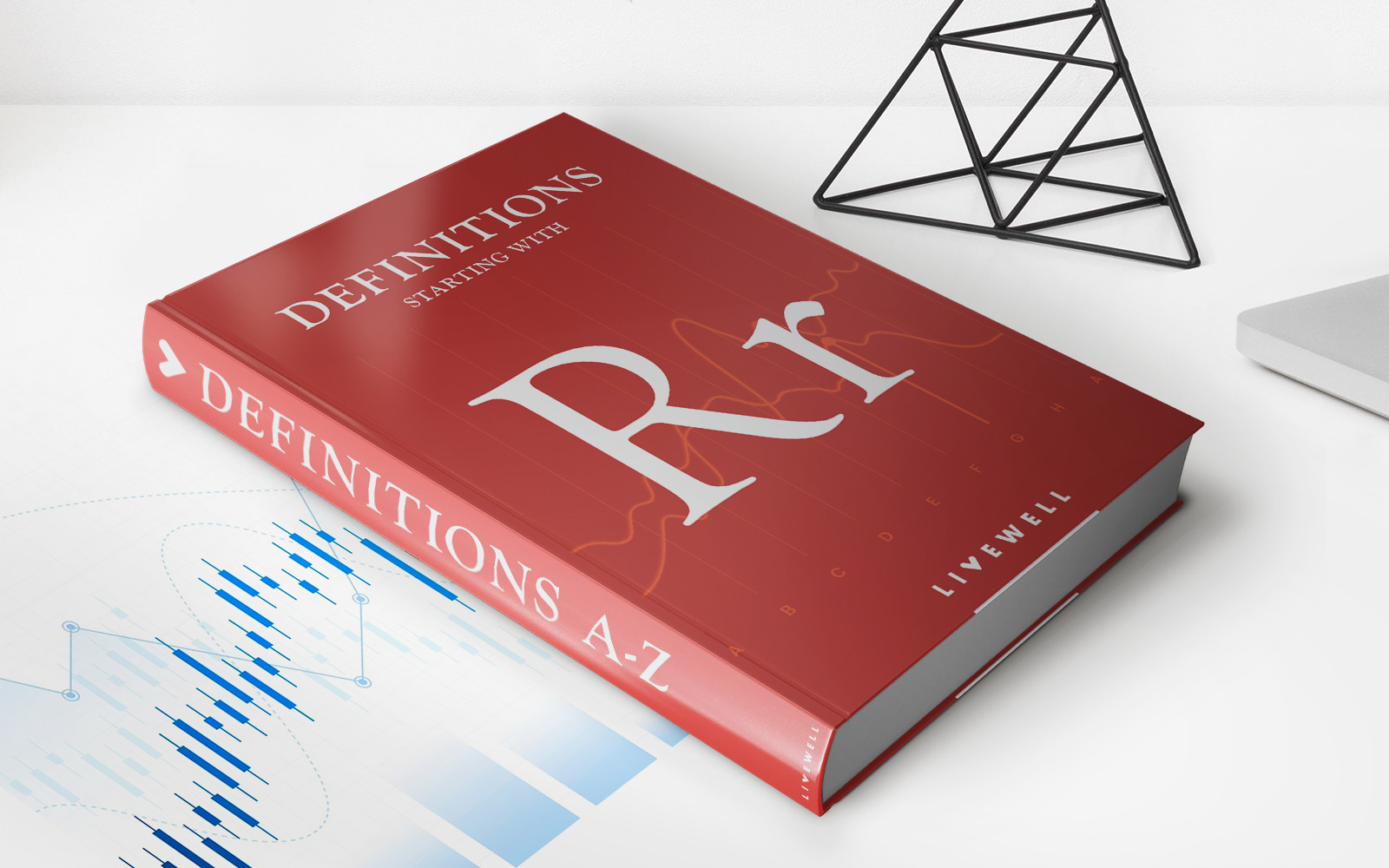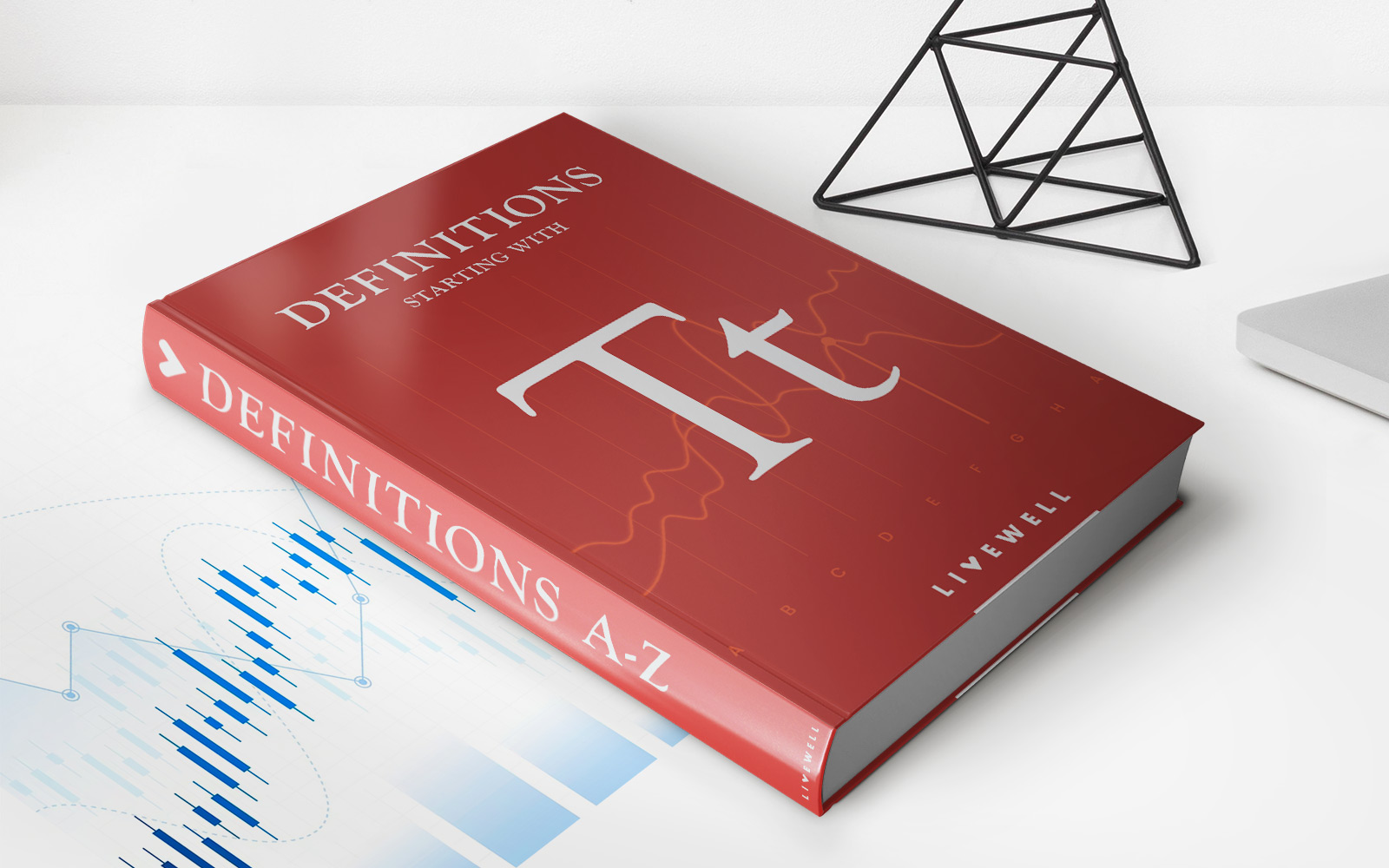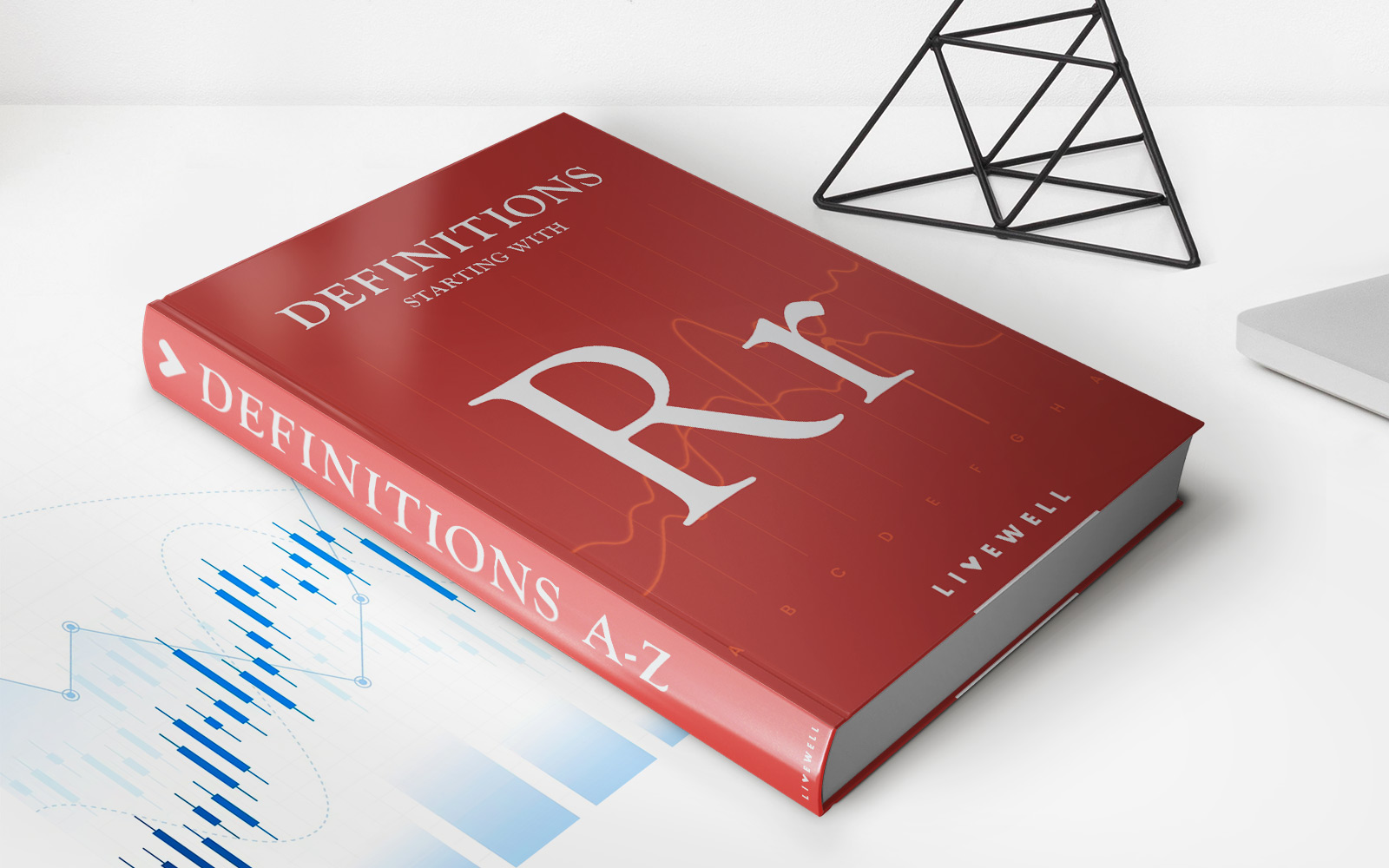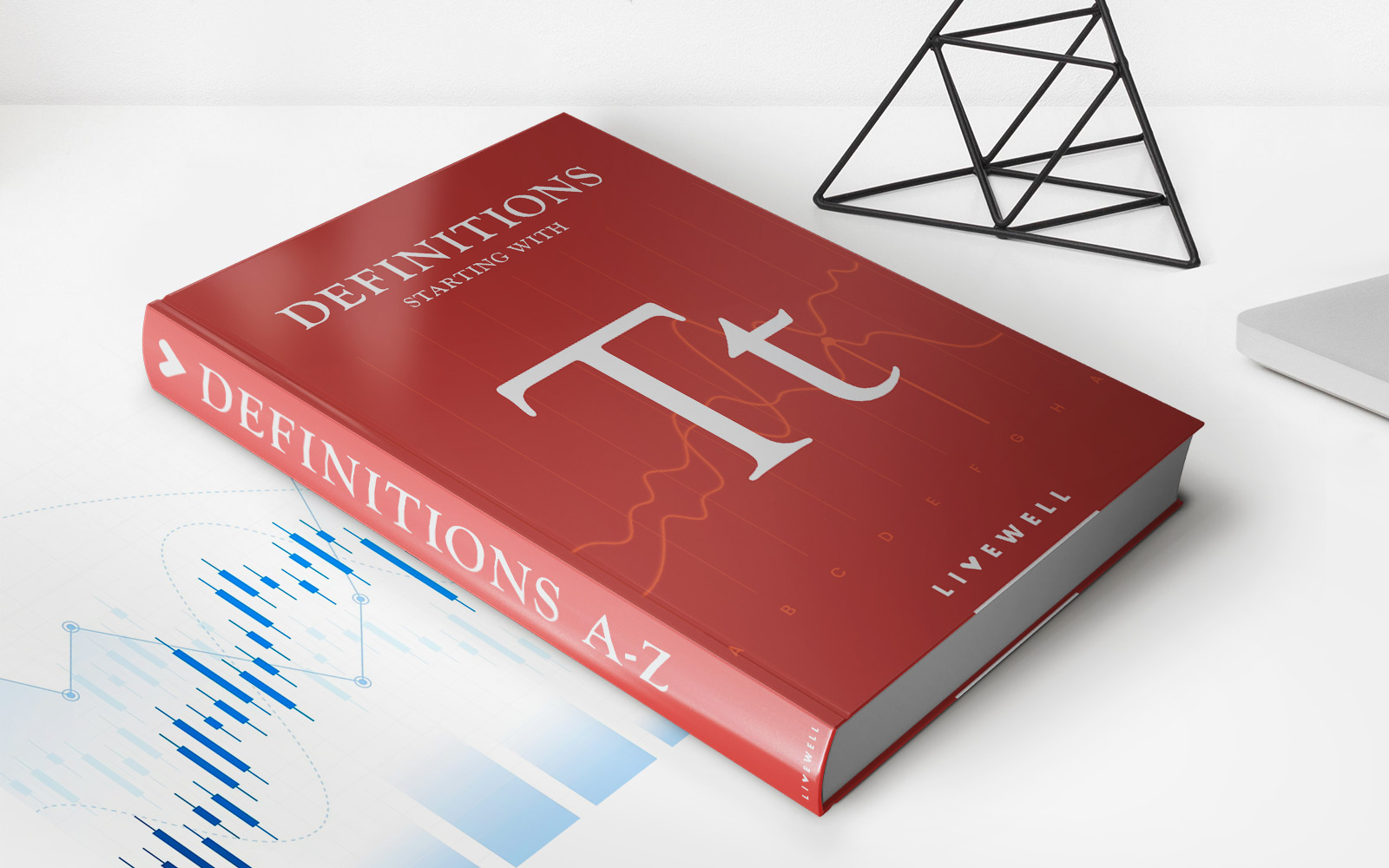Home>Finance>What Is An Agent? Definition, Types Of Agents, And Examples


Finance
What Is An Agent? Definition, Types Of Agents, And Examples
Published: October 4, 2023
Learn the Definition and Types of Finance Agents, and Explore Examples of How They Contribute to the Financial Industry.
(Many of the links in this article redirect to a specific reviewed product. Your purchase of these products through affiliate links helps to generate commission for LiveWell, at no extra cost. Learn more)
What is an Agent? Definition, Types of Agents, and Examples
Are you curious about the concept of an agent? Do you want to understand the different types of agents and how they function? In the world of finance, agents play a crucial role in various transactions and activities. In this blog post, we will delve into the definition of an agent, explore the different types of agents, and provide examples to help you grasp this important concept.
Key Takeaways:
- An agent is a person or entity that acts on behalf of another party, known as a principal, to carry out specific tasks or make decisions.
- There are various types of agents, including real estate agents, insurance agents, corporate agents, and power of attorney agents.
Defining an Agent
An agent is an individual, organization, or entity that represents and acts on behalf of another party, known as the principal. The role of an agent is to perform specific tasks, make decisions, or engage in transactions on behalf of the principal. Agents are employed across different industries and sectors, including finance, law, real estate, and more.
Types of Agents
Agents can take on various forms depending on their specific function and purpose. Here are some common types of agents you may come across:
- Real Estate Agents: These agents represent property buyers or sellers in real estate transactions. Their responsibilities include finding properties, negotiating deals, and facilitating the closing process.
- Insurance Agents: Insurance agents act as intermediaries between insurance companies and policyholders. They help individuals and businesses choose the right insurance policies, provide advice, and assist with claims.
- Corporate Agents: Corporate agents are authorized individuals or entities who represent a corporation in business dealings. They have the power to enter into contracts, make decisions, and act on behalf of the corporation.
- Power of Attorney Agents: Power of attorney agents are appointed by an individual (the principal) to make decisions on their behalf if they become incapacitated or unable to do so themselves.
Examples of Agents
To further illustrate the concept of agents, here are a few examples:
- Real Estate Agent Example: John is looking to buy a house. He hires a real estate agent, Sarah, to help him navigate the complexities of the real estate market, find suitable properties, and negotiate the best deals.
- Insurance Agent Example: Lisa wants to purchase a comprehensive health insurance plan. She seeks the assistance of an insurance agent, Mark, who helps her analyze different policies, understand the coverage options, and select the most suitable plan for her needs.
- Corporate Agent Example: XYZ Corporation appoints Tom, a lawyer, as their corporate agent. Tom has the authority to enter into contracts, sign legal documents, and represent the corporation in various business transactions.
- Power of Attorney Agent Example: Mary grants her sister, Laura, as her power of attorney agent. In the event that Mary becomes incapacitated, Laura has the legal authority to make decisions on Mary’s behalf, such as managing her finances and healthcare.
Agents play a crucial role in facilitating transactions and representing the interests of the principal. Their expertise and authority allow them to make decisions and take actions on behalf of the party they represent. Whether you’re buying a house, seeking insurance, conducting business, or planning for the future, understanding the role of agents is vital.
So, next time you encounter an agent or find yourself in need of one, you’ll have a clearer understanding of their purpose and the various types of agents that exist.














